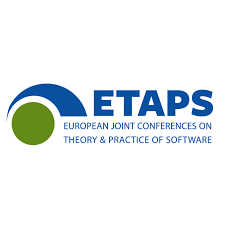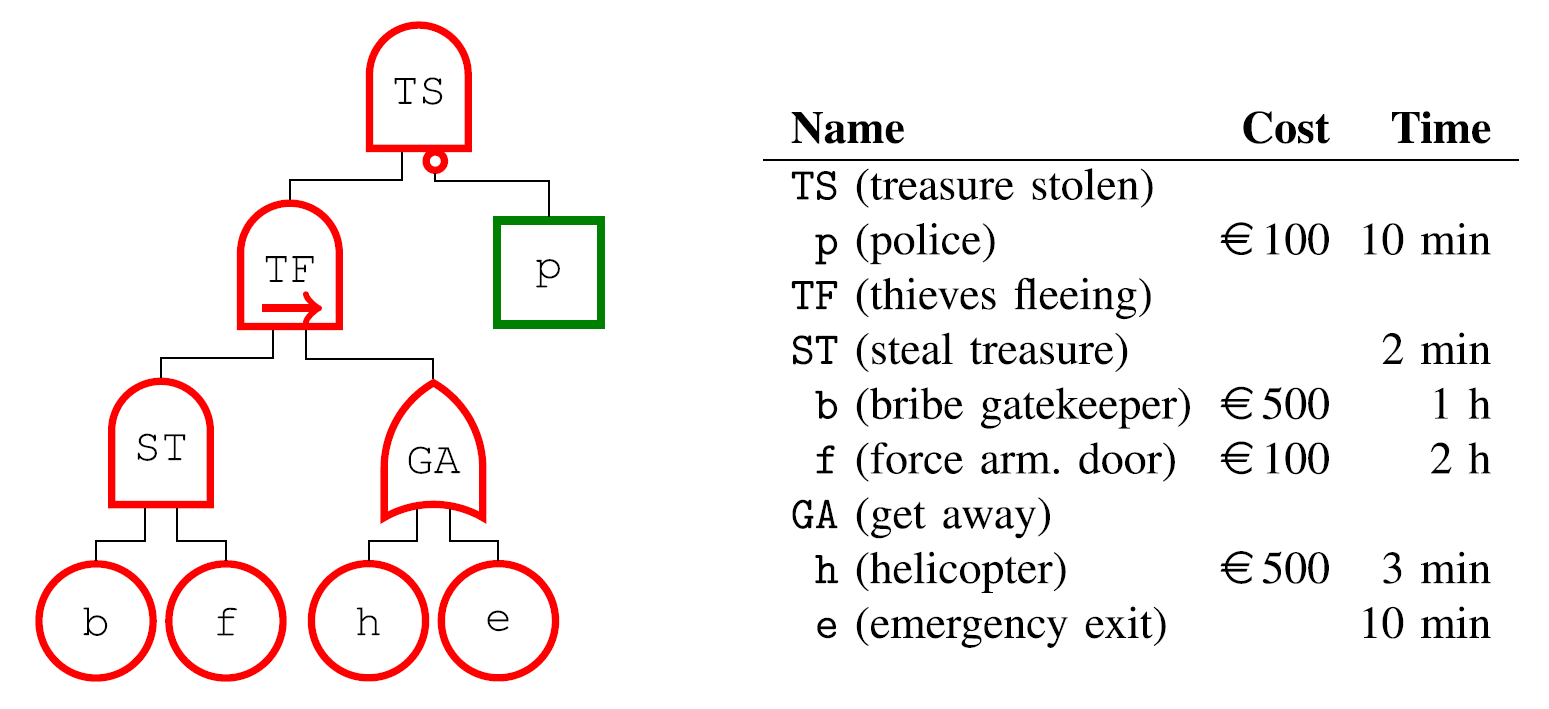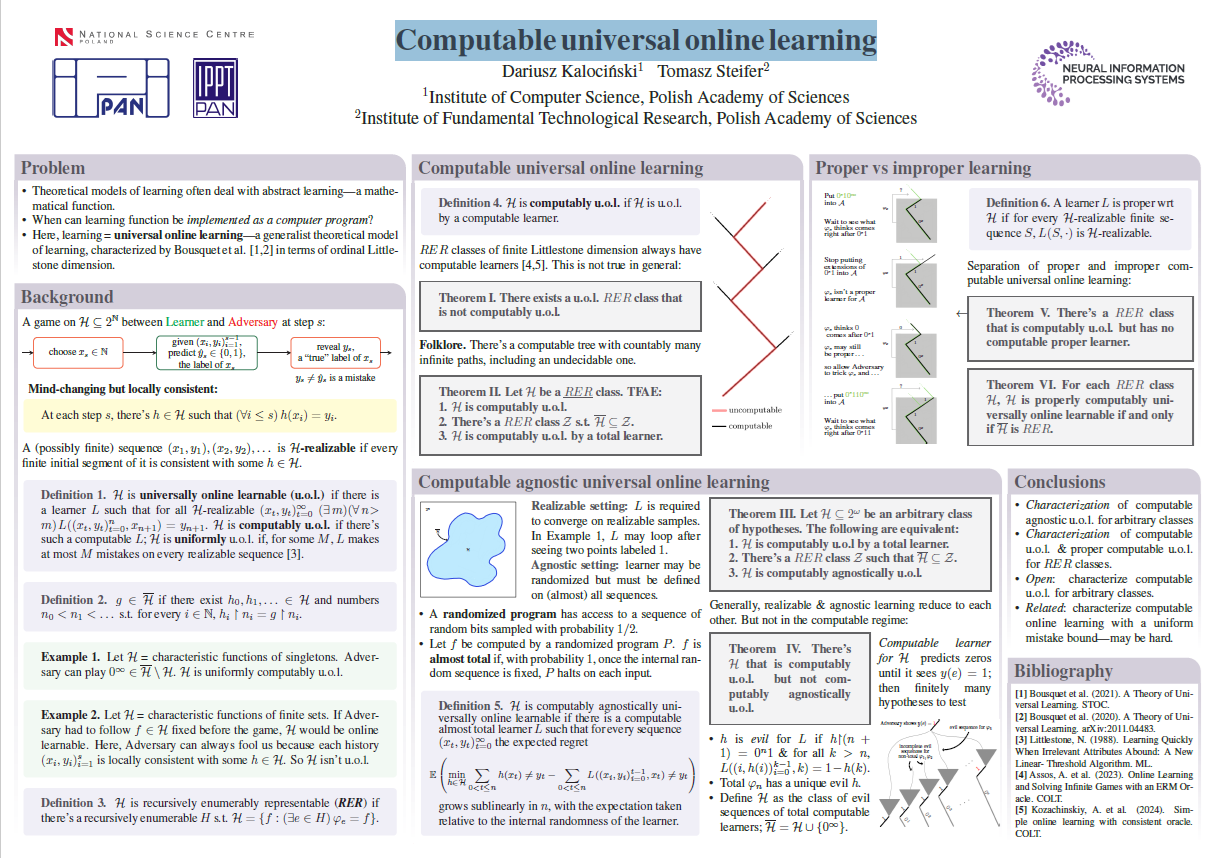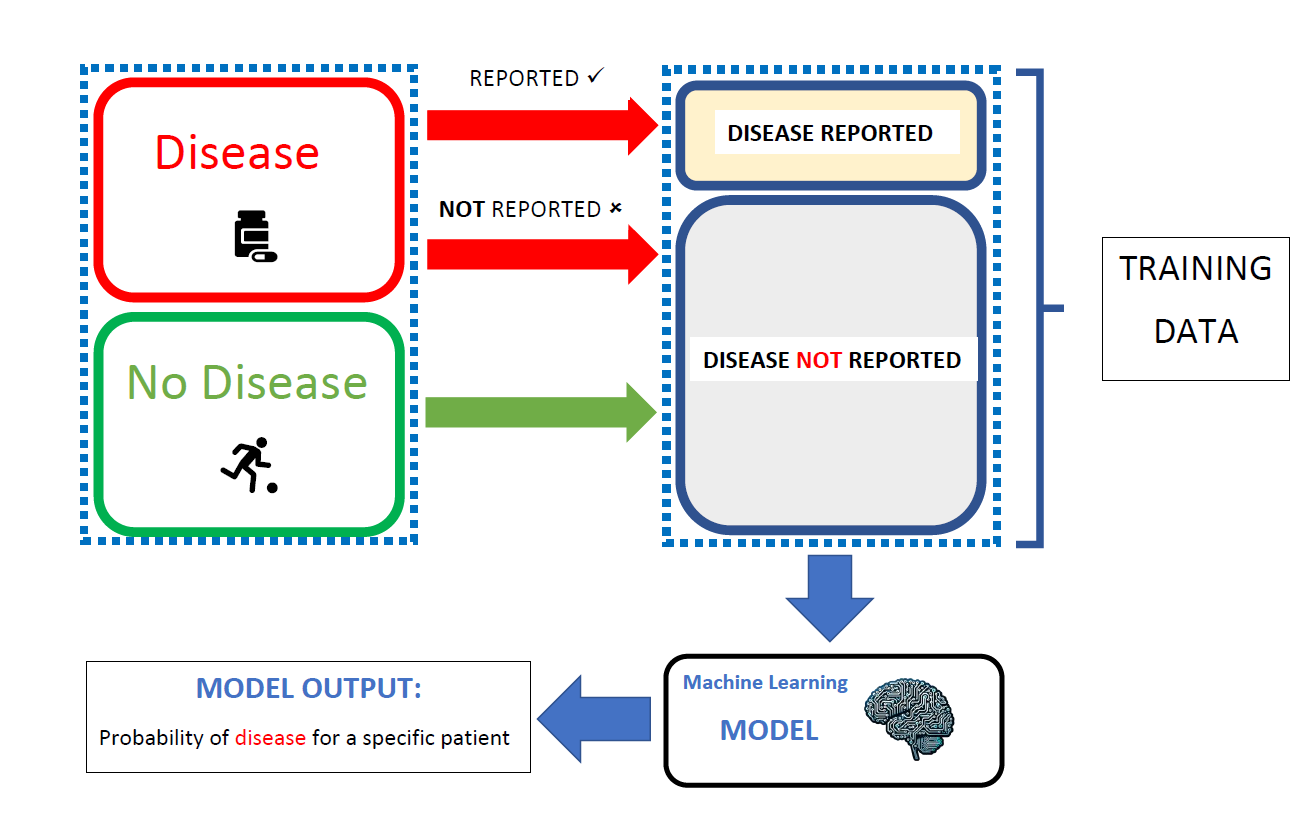2024 ETAPS Test-to-Time Tool Award for PRISM tool by Maria Kwiatkowska

Marta Kwiatkowska, Professor at IPI PAN, and her collaborators Gethin Norman, University of Glasgow, and David Parker, University of Oxford, have been awarded the 2024 ETAPS Test-of-Time Tool Award for their tool PRISM.
PRISM (www.prismmodelchecker.org) is a software tool for modelling and studying the behaviour of real-world systems exhibiting uncertainty or randomness. It has been used for a diverse range of applications, from internet security protocols, to quantum cryptography and protein interactions in the human cell. PRISM is based on rigorous, mathematical foundations and is particularly well suited to safety-critical applications, from assessing the reliability of airbag control software to building robust controllers for autonomous mobile robots in hazardous environments.
PRISM has been in continuous development for over 20 years and is the most widely used tool of its kind, deployed for research and teaching worldwide. Over 800 research papers have been published describing the tool, its applications and its extensions. It has also been used in industrial projects and labs, from cloud computing at Fujitsu to fault-tolerant architectures at Honeywell and airbag safety at TRW Automotive. PRISM is open source and has been adapted by researchers worldwide. PRISM’s modelling language has become a de facto standard for representing probabilistic models within the formal verification community, and has been adopted and extended by many other tools. ETAPS is the primary European forum for academic and industrial researchers working on topics relating to software science, and has been running for over 25 years. The ETAPS Test-of-Time Tool Award was initiated to recognise “the importance of reliable and well-maintained research tools and the significant effort that their creation and maintenance entails”. It acknowledges tools that have a lasting effect on the community.
ETAPS 2024 was held in Luxembourg, where the award was presented.
Read more …2024 ETAPS Test-to-Time Tool Award for PRISM tool by Maria Kwiatkowska
New Publication in IEEE Transactions on Reliability


On January 31, an article by Prof. Wojciech Penczek, Łukasz Maśko and Teofil Sidoruk, written in collaboration with Prof. Laure Petrucci, Carlos Olarte, and Jaime Arias from Université Sorbonne Paris Nord, was published in IEEE Transactions on Reliability. The paper "Optimal Scheduling of Agents in ADTrees: Specialized Algorithm and Declarative Models" follows earlier work [1] that proposed representing attack-defence trees (ADTrees) as multi-agent systems. ADTrees are a popular formalism for studying security scenarios where two opposing parties attempt to achieve sub-goals (tree nodes) comprising the overall objective (tree root), or try to prevent the other group from doing so. With the translation to an agent-based formalism, one can additionally consider the attackers and defenders in these scenarios as agent coalitions. As such, not only do they have a particular number of agents, but also specific assignment to sub-goals. This can determine not only the feasibility of an attack or defence, but also its time, cost, or other quantitative metrics of interest.
Read more …New Publication in IEEE Transactions on Reliability
Researchers to develop Polish version of ChatGPT
A Polish large language model PLLuM, trained on mainly Polish-language content, and an intelligent assistant based on it will be developed by six Polish research units. 'We cannot afford to be left behind,’ say the project’s representatives.
The PLLUM (Polish Large Language Universal Model) consortium was established in November (on the eve of chatGPT's first birthday). Its members are six of Poland's leading research units in the field of artificial intelligence and linguistics: the Wrocław University of Science and Technology (consortium leader), NASK National Research Institute, National Information Processing Institute - National Research Institute, the Institute of Computer Science of the Polish Academy of Sciences, the University of Łódź and the Institute of Slavic Studies of the Polish Academy of Sciences. Representatives of NASK announced the establishment of the consortium in a press release sent to PAP.
Read more …Researchers to develop Polish version of ChatGPT (PLLuM)









